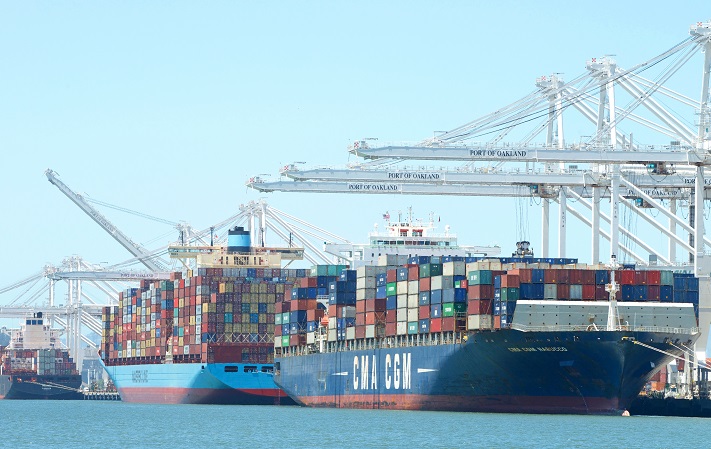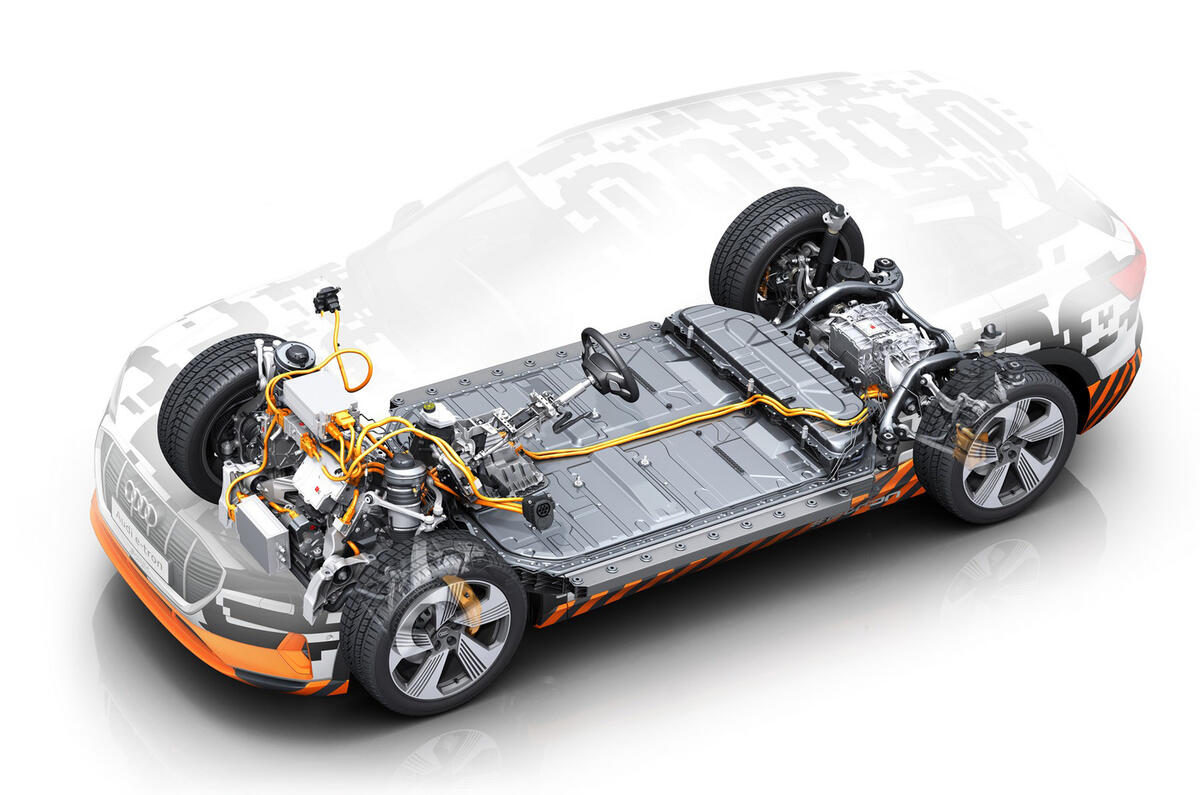
Insights
Localization Can Fix the Global Shipping Problem

The pandemic and other factors have disrupted international trade, causing massive delays and shipping container shortages that have substantially increased the cost of shipping goods. This dynamic is adding fresh momentum to the trend of reshoring and localizing of production/supply chains. At the center of this storm is the international shipping container, the workhorse of globalization that could have a fate similar to the dinasaurs if localization takes hold.
Off the coast of Los Angeles, more than two dozen container ships filled with exercise bikes, electronics and other highly sought imports have been idling for as long as two weeks. In Kansas City, farmers are struggling to ship soybeans to buyers in Asia. In China, furniture destined for North America piles up on factory floors.
“I’ve never seen anything like this,” said Lars Mikael Jensen, head of Global Ocean Network at A.P. Moller-Maersk, the world’s largest shipping company. “All the links in the supply chain are stretched. The ships, the trucks, the warehouses.” Peter Baum’s company in New York, Baum-Essex, uses factories in China and Southeast Asia to make umbrellas for Costco, cotton bags for Walmart and ceramics for Bed Bath & Beyond. Six months ago, he was paying about $2,500 to ship a 40-foot container to California. “We just paid $67,000,” he said. “This is the highest freight rate that I have seen in 45 years in the business.”
https://www.nytimes.com/2021/03/06/business/global-shipping.html
Mexico’s Manufacturing Sector Is About To Surge

Recent geopolitical shifts and other factors, like pandemic-related disruptions and rising costs of production in China, suggest that Mexico might be poised for another surge of manufacturing activity. Successful negotiation of the United States-Mexico-Canada Agreement (USMCA), which replaced the 25-year-old North American Freight Trade Agreement (NAFTA) is another accelerant for the trend toward stepped-up production in Mexico.
The next few years could be record setters for Mexican industry, as mid-sized shippers look to reshore manufacturing back to the western hemisphere. Many are likely to start with small facilities, then gradually expand their reliance on Mexican production if the transition proves successful.
Additional factors helping Mexico include use of high-tech tools that greatly improve carriers’ ability to track and secure goods traveling throughout Mexico. The advent of GPS and electronic logging devices (ELDs) are among the innovations that are providing increased visibility and control of freight no matter where it happens to be.
Risky Business: US Is Too Reliant on Foreign Suppliers

President Biden has signed an executive order to review key global supply chains in order to avoid shortages and economic risks. The review will include semiconductors, medical equipment, and other goods considered critical during the ongoing Covid-19 pandemic. This assessment comes amidst fears that American industries are relying too much on foreign suppliers, particularly coming from China.
The order will also start yearlong reviews into the six sectors: energy, food production, information technology, defense, public health, and transportation. The White House indicates that for now, it is not “taking anything off the table” and strategies to fix the supply chains will depend on identified shortages.
An administration official told Politico: “clearly we are looking at the risks posed by dependence on competitor nations, but that is only one of a range of risks we are looking at.” The news comes as auto producers across the US stumble upon a global shortage in semiconductors, the computer chips used in almost every piece of technology we use, which caused great disruption for car makers.
Many Companies Are Returning Manufacturing to the US

Why have companies decided to reshore to the US from foreign locations? According to the Reshoring Initiative, increasing wages in hosting countries are one of the reasons most frequently given. Other factors include avoidance of pandemic-related supply chain and logistics disruptions and delays, production and transportation cost savings; improved product quality and consistency; protection of intellectual property; a more skilled workforce; improved innovation; better responsiveness to customer needs; and lower total cost of ownership.
One high-profile example of corporate reshoring is Stanley Black & Decker, which moved production of its Craftsman wrenches, ratchets, sockets, and more back to the United States from China. The company built a 425,000-square-foot facility in Fort Worth, Texas for that purpose.
Smaller manufacturers are also part of the trend. Hardinge, a Berwyn, PA. maker of CNC turning, milling, and grinding machines, has been doing some of its manufacturing in Taiwan since the early 2000s, according to Global Marketing Director Allan Snider. Late last year, Hardinge decided to bring its manufacturing back to Elmira, N.Y. where it has manufactured since the 1930s for several reasons, including better supply chain management.
https://www.areadevelopment.com/businessglobalization/q1-2021/job-creation-through-reshoring.shtml
US Critical Materials Supply Chain Needs To Be Hardened

To mitigate supply chain disruptions involving critical materials and improve the resiliency of American industrial sectors, President Biden will require the US government to produce unclassified assessments of key industries and their supply chains, including semiconductor manufacturing, electric car batteries, medical supplies, and rare earth elements such as the ones used in iPhones, lasers and military systems.
The Biden administration will order a 100-day review of the supply chain in light of threats — such as pandemics, cyberattacks and extreme weather events — that could pose a risk to accessing essential goods. Specifically, Biden is directing the executive branch to take a closer look at the semiconductor manufacturing industry; high-capacity batteries, including those used for electric cars; rare earth materials; and medical supplies.
China is a strong competitor in these sectors. For example, in the past decade, China accounted for more than 90 percent of production and supply of rare earth elements used in products ranging from iPhones to lasers, according to a 2017 U.S. Geological Survey.
As part of this review, strategies will be developed and implemented to improve the essential goods supply chain, with recommendations about creating new capabilities to mitigate supply chain disruptions and methods to enhance the resiliency of American industrial sectors.
Contact Us

